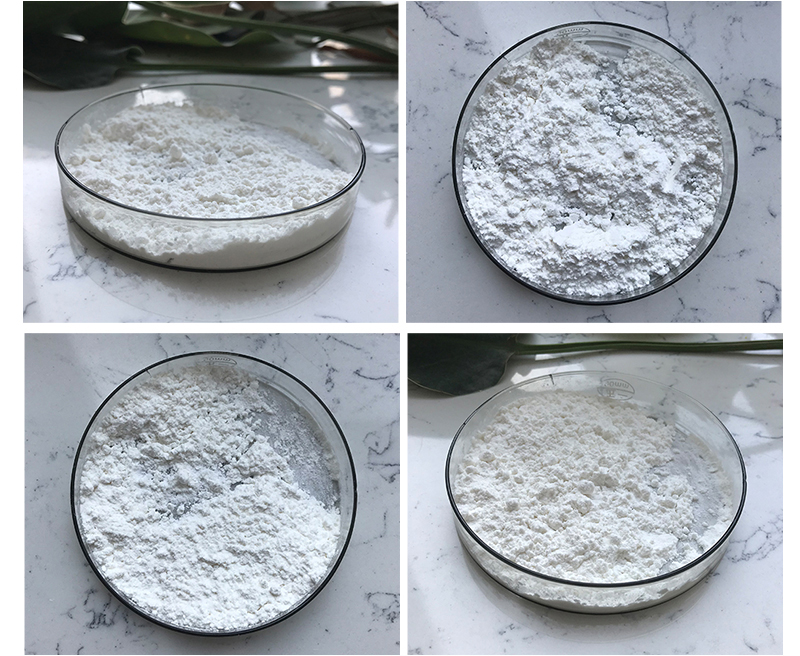Resveratrol is a polyphenolic compound found in various plants, including grapes, berries, peanuts, and red wine. It has been studied extensively due to its potential health benefits, particularly in relation to aging, heart health, and its antioxidant properties. Here’s a breakdown of its efficacy and effects:
1. Antioxidant and Anti-inflammatory Properties
- Antioxidant Effects: Resveratrol is known for its antioxidant capabilities, helping to neutralize free radicals and reduce oxidative stress. This may help to protect cells from damage, which is associated with aging and various chronic diseases.
- Anti-inflammatory: It may inhibit the expression of pro-inflammatory molecules, which can help reduce inflammation in the body. This could be beneficial in the prevention and management of conditions like arthritis and cardiovascular diseases.
2. Cardiovascular Health
- Heart Health: Resveratrol has been shown to improve endothelial function (the health of blood vessels) and reduce the risk of atherosclerosis (plaque buildup in arteries). It may help lower LDL cholesterol and reduce blood pressure, which contributes to overall cardiovascular health.
- Blood Vessel Protection: It may improve blood flow and protect against blood clot formation, potentially lowering the risk of heart attacks and strokes.

3. Anti-Aging Effects
- Longevity: Resveratrol has been associated with the activation of certain genes (such as sirtuins, particularly SIRT1) that are thought to influence longevity and age-related diseases. These genes are believed to play a role in cellular repair processes and metabolic regulation.
- Cellular Aging: By activating these pathways, resveratrol may slow the processes of cellular aging and extend lifespan in certain organisms, though the effect in humans remains unclear and requires further study.
4. Neuroprotective Effects
- Brain Health: Resveratrol has shown promise in protecting neurons from damage caused by oxidative stress, which is linked to neurodegenerative diseases such as Alzheimer’s and Parkinson’s. It may promote cognitive function and memory, although more research is needed to confirm its effects in humans.
5. Cancer Prevention
- Anti-Cancer Properties: Resveratrol has been shown to inhibit the growth of cancer cells and may prevent the spread of certain types of cancers (like breast, colon, and prostate cancers) in lab studies. It appears to act on multiple pathways involved in cancer cell proliferation, apoptosis (programmed cell death), and metastasis.
- Preventive Role: While laboratory and animal studies have been promising, its effectiveness as a treatment or preventive measure in humans is not yet fully understood.
6. Metabolic Effects
- Blood Sugar Regulation: Resveratrol has been studied for its potential to improve insulin sensitivity, which could benefit people with type 2 diabetes or metabolic syndrome. Some studies have shown it helps regulate blood sugar levels and may assist in weight management.
- Fat Metabolism: It may also play a role in reducing fat accumulation and modulating lipid metabolism, potentially helping to manage obesity.
7. Hormonal and Endocrine Effects
- Estrogenic Activity: Resveratrol is considered a phytoestrogen, which means it can bind to estrogen receptors and may exert mild estrogen-like effects in the body. This could have implications for hormonal balance and health, including potentially benefiting postmenopausal women, but it may also have adverse effects if taken in large quantities.
8. Skin Health
- Anti-Aging Skin Benefits: Due to its antioxidant properties, resveratrol is often included in skincare products. It may help protect the skin from UV radiation, reduce fine lines, and improve skin elasticity.

Potential Side Effects and Risks
While resveratrol is generally considered safe when consumed in moderate amounts, there are some risks and potential side effects:
- Gastrointestinal Issues: Some people may experience digestive upset, including nausea, diarrhea, or abdominal cramps.
- Interactions with Medications: Resveratrol can interact with blood thinners, blood pressure medications, and other drugs, so it’s important to consult a healthcare provider if you’re taking medication.
- Hormonal Effects: Due to its estrogenic properties, there is some concern about resveratrol’s effect on hormone-sensitive conditions, like breast cancer or endometriosis.
Conclusion
Resveratrol has demonstrated promising effects in a variety of health-related areas, particularly in terms of its antioxidant, anti-inflammatory, and potential longevity benefits. However, while laboratory studies and animal models are encouraging, clinical evidence in humans is still limited, and the long-term efficacy and safety remain uncertain. For those considering supplementation, it’s always a good idea to consult with a healthcare provider, especially if there are pre-existing health conditions or medications involved.
